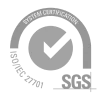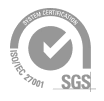What Is a Decentralised Autonomous Organisation (DAO)?
A decentralised autonomous organisation (DAO) is a community-led entity without any central leadership, such as a CEO or chairman. It consists of a group of people who agree to comply with certain rules for the common purpose of a blockchain. These rules are then converted into lines of codes using smart contracts and enforced on the blockchain.
DAOs can range from a single task to a long-term project. An example of a one-off project is the ConstitutionDAO, which was created in late 2021 with the goal of buying the original copy of the US Constitution from Sotheby’s. On the other end of the spectrum, MANTRA’s DAO was a long-term project established to build a decentralised platform for lending, staking, and borrowing digital assets.
How Do DAOs Work?
The initial phases of DAOs start by establishing the rules of the DAO using smart contracts, which are essentially the blueprint for the DAO. They are transparent, verifiable, and publicly available for auditing by any potential member.
Following this is the matter of how the DAO intends to get funded in order to achieve its underlying purpose. Most commonly, this is achieved through token issuance. Tokens have certain benefits, such as incentives or voting rights (for a governance token), within the specific DAO’s ecosystem.
Once this is complete, the code is pushed into the production phase and can no longer be changed unless there is a consensus amongst the participating members. As a result, token holders become stakeholders who can influence a DAO’s future and how its funds are spent.
Examples of DAOs include Dash (DASH), Maker (MKR), Augur (REP), and Uniswap (UNI).




